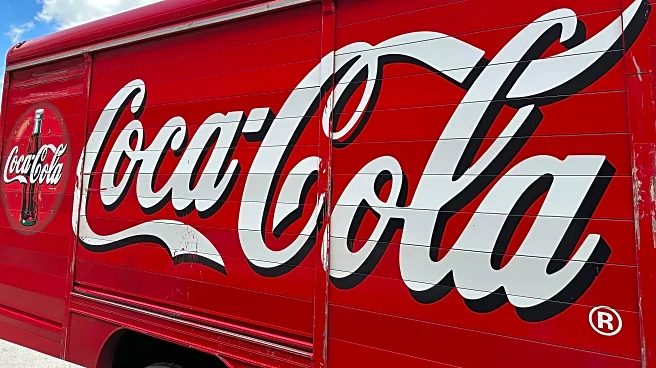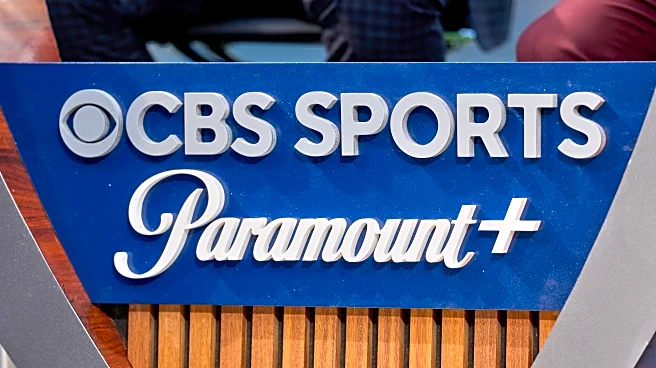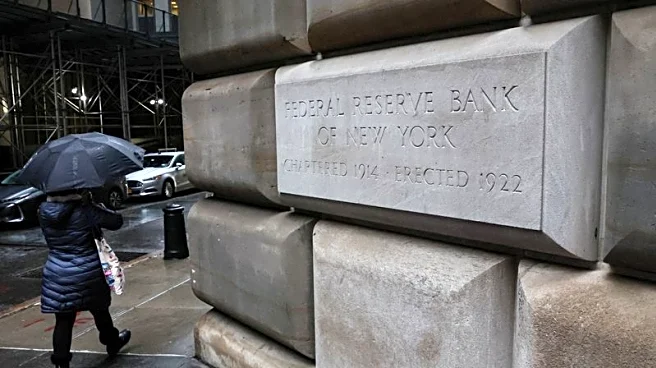What is the story about?
What's Happening?
As the holiday season approaches, retailers are expanding their offerings of customizable gifts, allowing consumers to add personal touches to a wide range of products. Companies such as Stanley, Mark & Graham, and Uncommon Goods are leading the charge with options that include personalized drinkware, luggage, and jewelry. Stanley, for instance, offers customizable tumblers that can be monogrammed with initials or logos. Mark & Graham provides travelers with the opportunity to personalize luggage and travel accessories, making it easier to identify their belongings. Uncommon Goods offers unique items like personalized whiskey barrels, catering to those seeking one-of-a-kind gifts. This trend reflects a growing consumer desire for gifts that are not only thoughtful but also tailored to individual preferences.
Why It's Important?
The rise in customizable gifts highlights a shift in consumer behavior towards more personalized and meaningful purchases. This trend is significant for retailers as it allows them to differentiate their products in a competitive market, potentially increasing customer loyalty and sales. For consumers, personalized gifts offer a way to express individuality and thoughtfulness, enhancing the emotional value of the gift-giving experience. As more retailers adopt customization options, it could lead to broader changes in manufacturing and retail strategies, emphasizing flexibility and consumer engagement. This development may also impact the holiday shopping season, as consumers prioritize unique and personalized gifts over traditional options.
What's Next?
Retailers are likely to continue expanding their customizable offerings, exploring new product categories and customization technologies. This could include advancements in digital platforms that allow consumers to design and preview their personalized products online. As customization becomes more prevalent, retailers may face challenges in managing production and delivery timelines, especially during peak shopping periods. Additionally, consumer expectations for personalization may drive innovation in product design and marketing strategies. Stakeholders such as manufacturers and logistics providers will need to adapt to these changes to meet the growing demand for personalized products efficiently.
Beyond the Headlines
The trend towards customizable gifts may have broader implications for consumer culture, emphasizing individuality and personal expression. It could also raise ethical considerations regarding data privacy, as retailers collect personal information to facilitate customization. Furthermore, the environmental impact of personalized products, which may require more resources and energy to produce, could become a topic of discussion among sustainability advocates. As the market for personalized gifts grows, it may influence cultural norms around gift-giving, shifting focus from material value to personal significance.

















